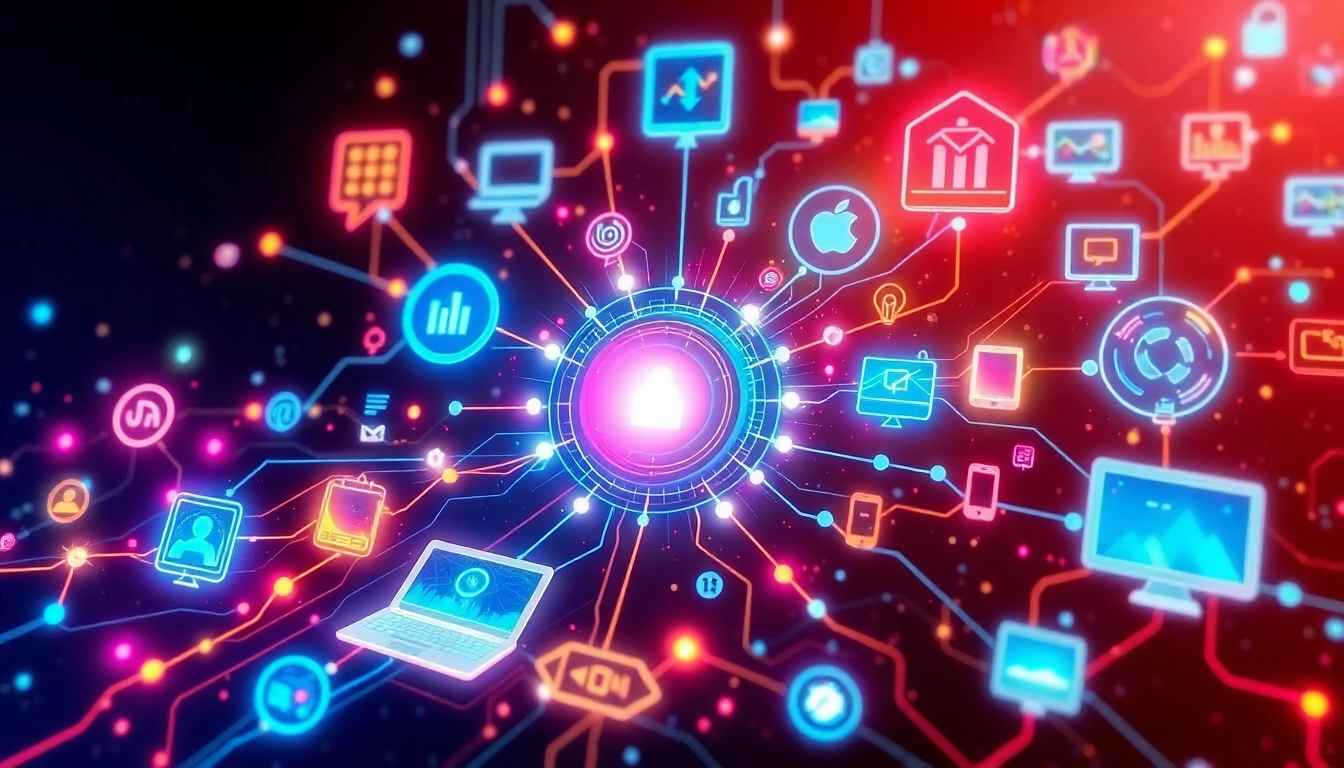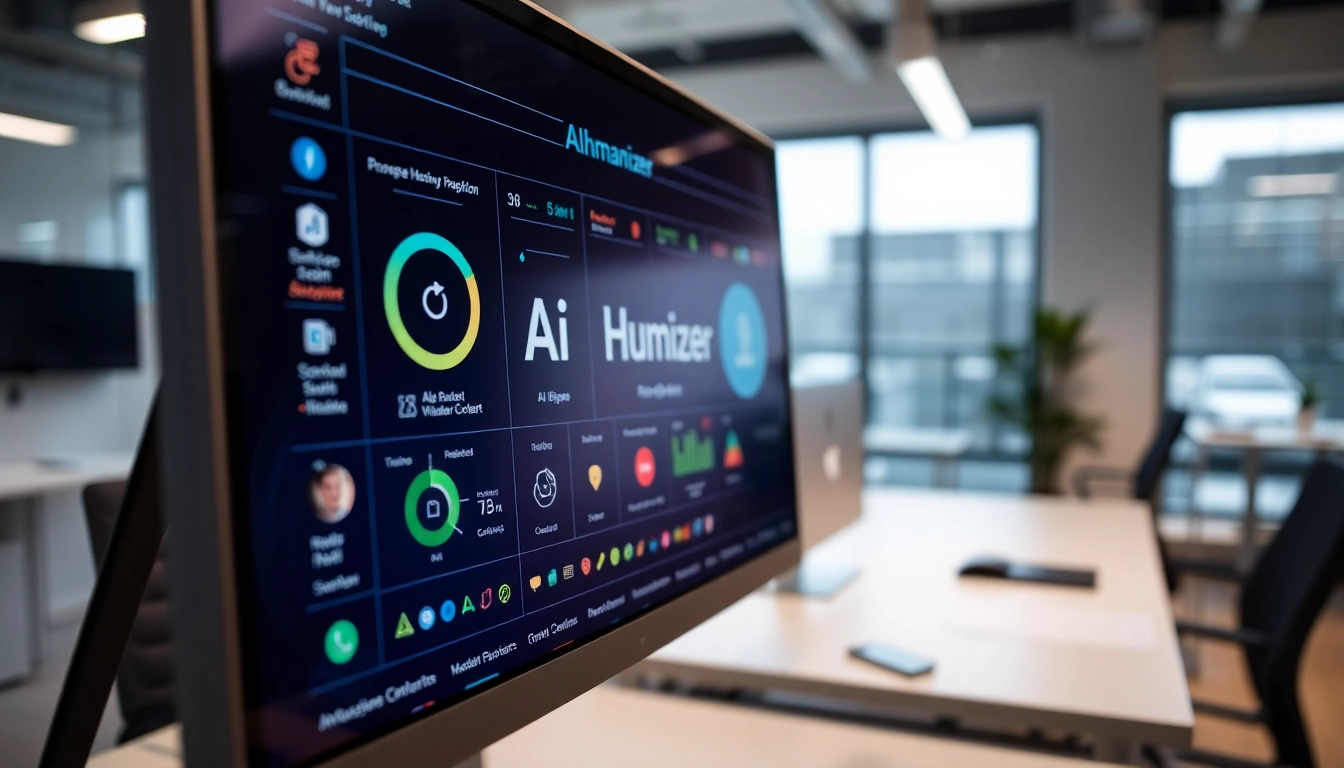In today’s rapidly evolving world, technology is the driving force behind innovation, productivity, and societal transformation. From smartphones to artificial intelligence, technological advancements shape how we work, communicate, and solve complex problems. Whether you’re a professional in the tech industry, an educator, or simply a curious mind, understanding the multifaceted nature of technology is essential. This comprehensive guide explores the definition, types, recent trends, and future implications of technology, providing you with insights that are both informative and actionable.
What Is Technology? A Complete Definition and Overview
Defining Technology: Basic Concepts
At its core, technology encompasses the tools, systems, and processes created to solve problems or fulfill human needs. It includes tangible items like smartphones and machinery, as well as intangible systems such as software and digital networks. The essence of technology lies in its ability to enhance efficiency, increase capabilities, and enable new possibilities. For instance, the internet revolutionized information sharing, transforming how we communicate and learn.
Historical Evolution of Technology
Technology’s roots trace back to early human innovations like the wheel and fire. Over centuries, it evolved through the Industrial Revolution, which introduced mechanization, and the Digital Age, marked by computers and the internet. Today, we are witnessing an era driven by emerging technologies like artificial intelligence (AI), blockchain, and quantum computing. This evolution reflects humanity’s relentless pursuit of progress and adaptation.
Importance of Technology in Modern Life
Modern society relies heavily on technology for daily activities—from managing finances with online banking to accessing healthcare information. It boosts economic growth, improves healthcare outcomes, and enhances education. Importantly, technology also addresses global challenges like climate change and resource scarcity through innovations in green tech and sustainable practices.
Types of Technology: From Traditional to Cutting-Edge
Information and Communication Technologies (ICT)
ICT encompasses all devices, networks, and applications that facilitate communication and information sharing. Examples include the internet, mobile devices, cloud computing, and social media platforms. These technologies have revolutionized how individuals and businesses connect and collaborate across borders.
Biotechnology and Medical Tech
Biotechnology involves the manipulation of living organisms to develop products like vaccines, genetically modified crops, and gene therapies. Medical technology includes advanced diagnostic tools, robotic surgeries, and wearable health monitors. These innovations have significantly improved healthcare outcomes and life expectancy.
Artificial Intelligence and Robotics
AI refers to systems capable of performing tasks that typically require human intelligence, such as speech recognition, decision-making, and learning. Robotics combines AI with mechanical systems to automate manufacturing, logistics, and even household chores. These technologies are transforming industries and creating new job categories.
Emerging Trends and Future of Technology
Quantum Computing and Next-Gen Hardware
Quantum computing promises to revolutionize processing power, enabling solutions to complex problems in cryptography, material science, and artificial intelligence. Companies like IBM and Google are making strides in developing practical quantum systems, which could reshape cybersecurity and scientific research.
Green Technologies and Sustainability
As climate concerns intensify, green tech innovations such as solar and wind energy, electric vehicles, and carbon capture are gaining prominence. These technologies aim to reduce environmental impact while supporting economic growth, marking a crucial part of digital transformation towards sustainability.
Impact of Tech on Society and Economy
Technological advancements influence job markets, economic structures, and social interactions. Automation and AI threaten certain roles but also create opportunities for new careers. Ethical considerations around data privacy and digital divide are critical as technology becomes more embedded in daily life.
How Technology Shapes Different Sectors
Technology in Business and Industry
Businesses leverage tech innovations like big data analytics, cloud computing, and IoT to streamline operations, enhance customer experiences, and develop new products. Industry 4.0 exemplifies this digital transformation, making manufacturing more flexible and efficient.
Education and Research Innovations
Educational technology includes e-learning platforms, virtual labs, and AI tutors, making education more accessible and personalized. Research benefits from high-performance computing and collaborative tools, accelerating scientific discoveries.
Healthcare and Medical Advancements
Healthcare benefits from telemedicine, AI diagnostics, robotic surgeries, and wearable health devices. These innovations enable earlier detection, personalized treatments, and improved patient outcomes, transforming healthcare delivery worldwide.
Frequently Asked Questions About Technology
What are the latest technological innovations?
Recent innovations include artificial intelligence applications in healthcare, blockchain in finance, 5G connectivity, and advancements in green tech like renewable energy storage solutions.
How does technology affect daily life?
Technology impacts daily life by enhancing communication, providing instant access to information, automating routine tasks, and enabling remote work and learning, making life more convenient and connected.
What are the key skills needed in the tech industry?
Essential skills include coding and programming, data analysis, cybersecurity, cloud computing, and adaptability to rapid technological changes. Soft skills like problem-solving and communication are also vital.
How will future technology change the world?
Future tech will likely lead to smarter cities, autonomous vehicles, personalized medicine, and sustainable energy solutions. These advancements will improve quality of life, address global challenges, and redefine industries.
What are common challenges in technological development?
Challenges include data privacy concerns, cybersecurity threats, ethical dilemmas, digital divide, and the environmental impact of e-waste and resource consumption.
Conclusion
Technology continues to be a catalyst for innovation and societal progress, shaping every aspect of modern life. Staying informed about emerging technologies and future trends is crucial for individuals and organizations alike. As we advance into an era defined by digital transformation and cutting-edge innovations, embracing change and developing relevant skills will be key to thriving in this dynamic landscape. For ongoing updates and expert insights, visit TechDee — your go-to source for the latest in technology.













